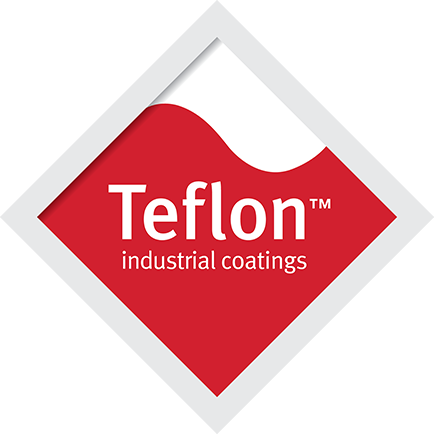 Industrial Coatings
Industrial Coatings
Industrial coatings have a wide variety of applications from aesthetics to performance. By expanding the basic technology discovered in 1938 by DuPont™ chemist, Roy Plunkett, Teflon™ industrial coatings continue to enhance the functional qualities in today’s high-tech applications. Teflon™ industrial coatings are available in a full range of liquid and powder forms. The versatility of these coatings allow for almost unlimited application to a wide variety of parts and configurations – always adding value that goes far beyond the inherent nonstick coating qualities.


 Industrial Coatings
Industrial Coatings